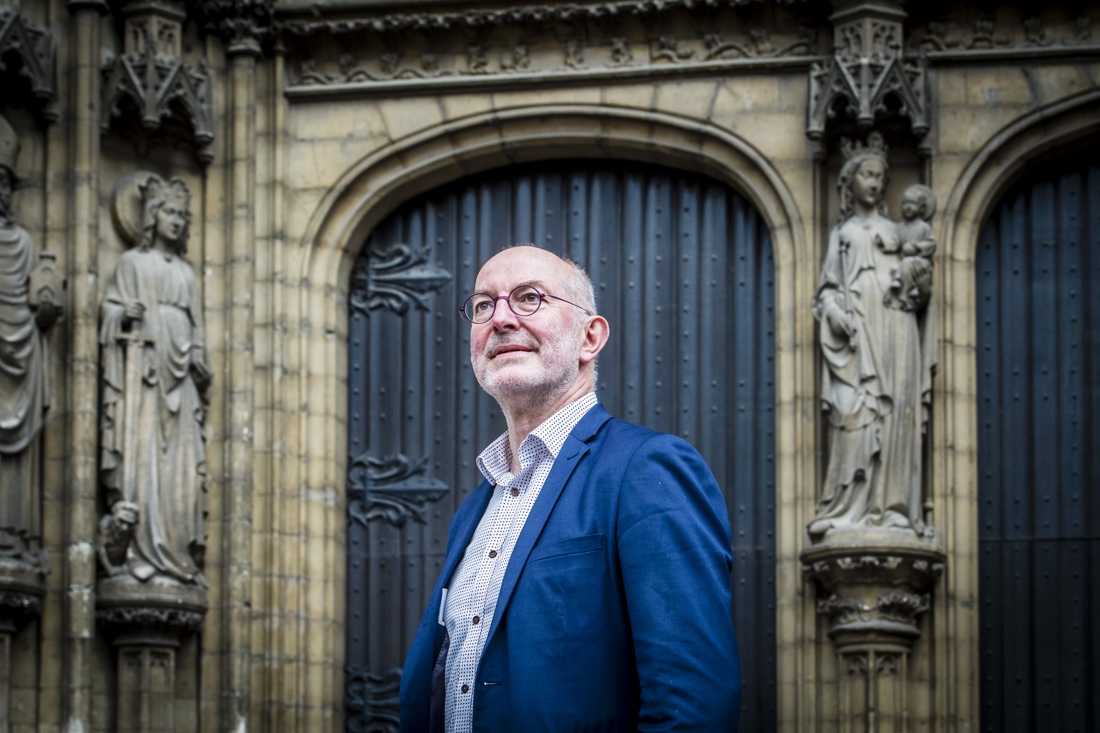“Which vaccine would you like?” To that question he replied: “I make no difference: all three are comparable and the result of a process that has taken place according to the rules of the art.”
“Look, we already have test results from particularly large groups of people,” said Van Damme. “With a ‘normal’ drug, something comes onto the market after testing on 3,000 people. Here we are talking about 20,000, 30,000 people per vaccine who receive it. So you get a lot of data about the safety and effectiveness of the drug. “
Pfizer of Moderna?
Which vaccines should we actually buy? Should that hard-to-stock Pfizer vaccine have to be? “I think we shouldn’t be too picky: we’ll have to see what we can get at the time. The EU already has agreements with five companies: this guarantees that we will receive some packages of vaccines here in Belgium. We are now also negotiating with Moderna, which would bring the total to six companies. In addition, the Moderna vaccine is also stored at -20 degrees. The Pfizer factory is located in Belgium and can be kept for a while at 2 to 8 degrees: you do not have to stock up in bulk when you start vaccinating. ”
It is striking: polio is a mandatory vaccine, the coronavirus – which has such a major impact – we are not going to make it mandatory. Why? “Well, very severe measles can paralyze a lot of schools and the vaccine is not mandatory for that. With polio, this has grown historically; we offer all other vaccines with strong recommendation and we succeed. We have a good vaccination coverage in our country, especially among school-going children. We have already discussed this obligation for polio in the Superior Health Council, but what signal do you give if you do not make it compulsory? ”
Italian or Swede?
“When I speak to my European fellow virologists, the Italian says: If we don’t make it mandatory, it won’t happen. In Sweden it is just the other way around: Making it compulsory will make everyone suspicious. We are in between. Our new poll now shows that 82 percent say they are sure or likely to take the vaccine. This shows that there is now room to explain everything properly to the people. What we know we must say, what we do not know. ”
How can we know that this is not harmful in the very long term? “We started from existing constructions: vaccines that have already proven their usefulness. To people who think we have gone too fast, I say: thanks to that technology we can also switch faster. And ethics committees and agencies are now also dropping everything to view these files: that too will win you weeks. ”
Seniors or young people?
The question remains: who do we vaccinate first? “There are lists, from the World Health Organization, from the European ECDC, from the Superior Health Council in our country… That largely corresponds on the basis of the knowledge we now have. First, we will have to vaccinate our health workers: they are at high risk. Then it’s up to the essential professions: police, fire brigade… Those who keep our society upright. ”
“And then you are faced with a choice. Do you opt for the over-65s, or for the 20- to 40-year-olds? That depends on how many doses we have and the effectiveness in the elderly population. If the vaccine works well in seniors, you could choose it: fewer people end up in hospital, fewer deaths and more room for other care. In the other case, you choose more personal protection and it will take longer for us to reach group immunity. It will be up to the biostatisticians to build models on that as well, so that we know what to choose best. ”
– .


